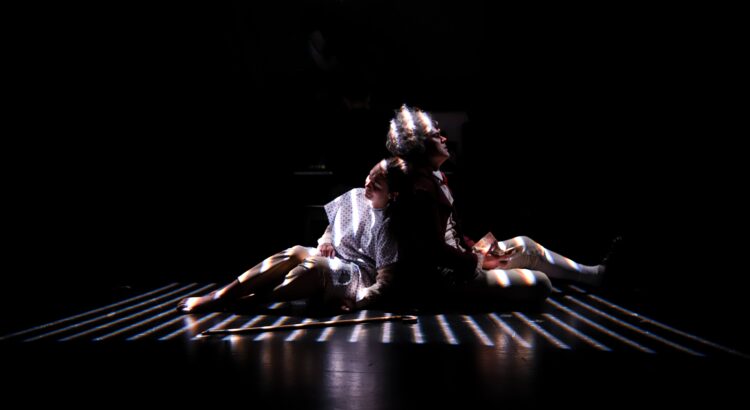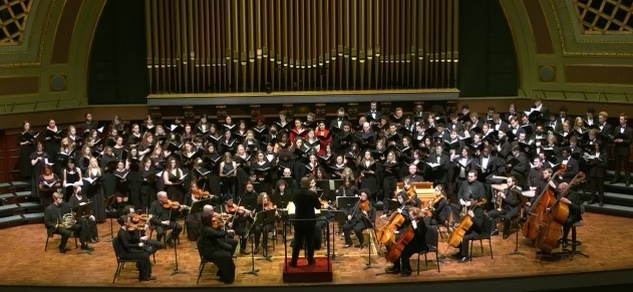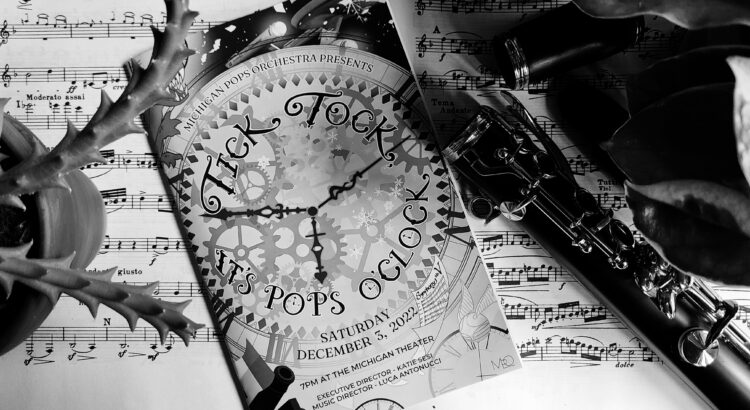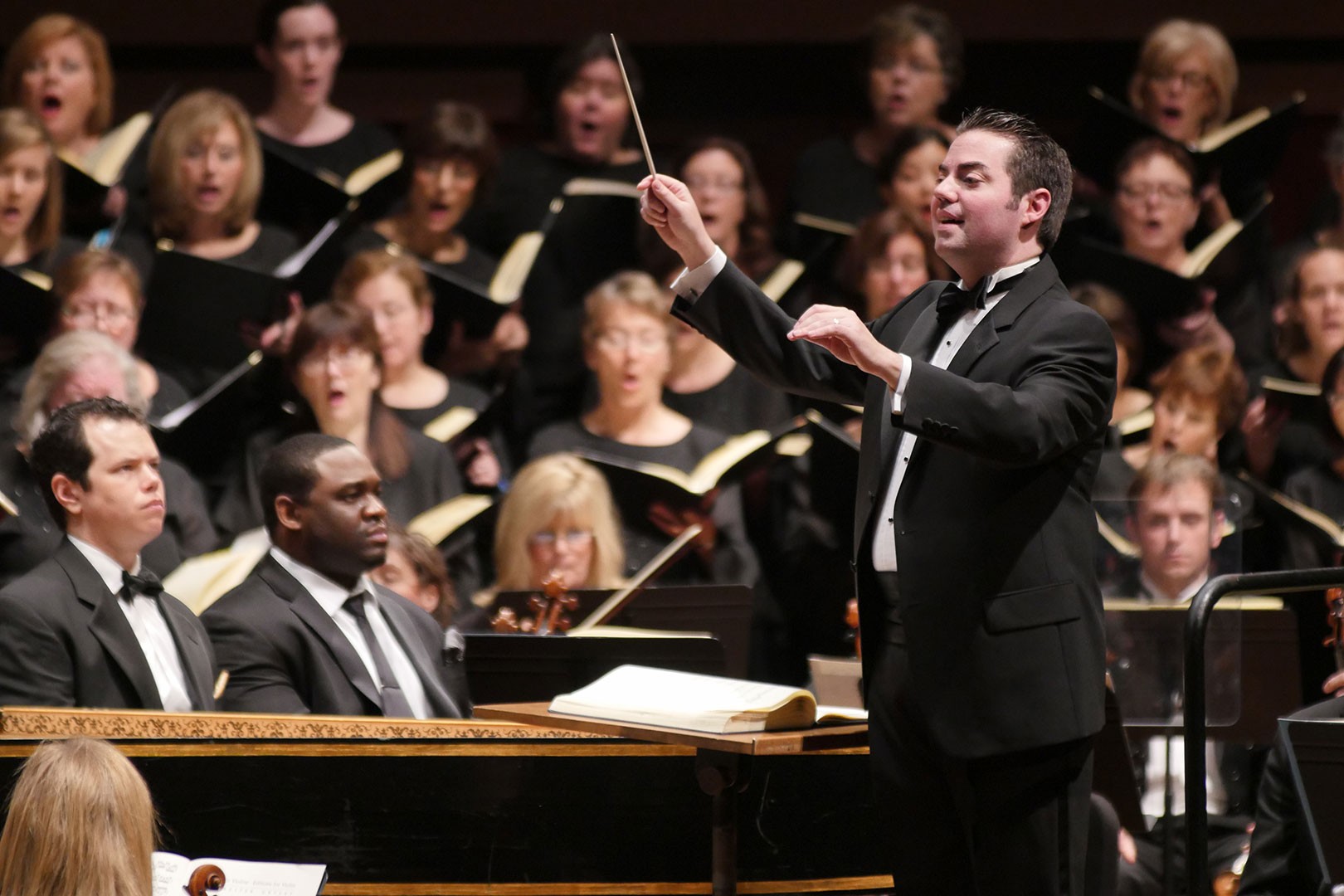December 6 | 11:00 pm | Newman Studio
Humans are naturally doused in curiosity. We’ve discovered the depths of Earth’s oceans while making our way to parts of outer space we probably were not intended for. The desire for complete discovery exists on both the largest and smallest of scales. A riling little mystery from the composer Ludwig von Beethoven’s expansive musical life has enchanted playwright Moisés Kaufman, writing a play of the same name: 33 Variations, in which he sends leading lady Dr. Katherine Brandt on her own expedition to uncover the reason for his insist creation of the tune.
In 1819, music publisher Anton Diabelli commissioned Beethoven to write a short variation of his waltz for a larger publication. Beethoven found it pedestrian and blew it off, but at some point, something intrigued him about the tune. This detail left out of history led him to ambitiously compose thirty-three variations on the waltz over the last few years of his life.
What changed? Why did Beethoven spend the height of his compositional years on a piece considered elementary?

Modern-day musicologist Dr. Katherine Brandt (Ella Saliba) travels to Bonn, Germany, to study Beethoven’s manuscripts from the 1820s. Clara (Aliyah Douglas), her restless daughter, disapproves of the journey due to her mother’s declining health from ALS and eventually joins her in Europe. The two often exchange fiery discourse, “You don’t love anything that you can’t understand,” Clara jabs. Their rocky relationship is exacerbated by Clara’s lack of career commitment and her cumbersome relationship with her mother’s nurse from the U.S., Mike Clark (Landon Wouters, whose character is hilariously inappropriate & full of laughs).
The play shifts between 19th-century Vienna and the present, while Beethoven (Nick Aiello) struggles to pay rent and faces his own ailments. His secretary, Anton Schindler (a charming James Parascandola), converses back and forth with Mr. Anton Diabelli (Marcus Byers) over four years while Beethoven writes his variations.
Through a plot with cadences that come off more bleak than cheerful, there is an abundance of humor woven into Kaufman’s hefty script. Aiello, Byers, and Parascandola are responsible for that—the three’s hilarious riffs were plentiful and cheeky. Perhaps nudging to the fact many of Beethoven’s variations do undoubtedly poke fun at Diabelli.
A young Ella Saliba earnestly waltzes through the life of the much more mature Dr. Katherine Brant. As Ms. Saliba explored Katherine’s ever-consuming and impassioned journey onstage, what the audience found was a deeply impressive, humble, and moving performance—resulting in a very misty curtain call.

One of the most exceptional parts of the play is the live pianist performing the “33 Variations” in real time. I would be remiss not to point out pianist Eric Head’s sensitive performance. This notoriously challenging work was greeted with poise from Head, providing an irreplaceable vibrance to the atmosphere.
Kaufman’s play may occasionally feel oversaturated with detail, but I was transfixed by his sentimental characters. The parallels between these two human lives across more than a century are deeply clever. Life’s ever-ticking clock is often responsible for igniting humanity’s obsessive quest for meaning in our short engagements on Earth, a theme poignantly embodied by Mr. Aiello and Ms. Saliba. I do hope Dr. Brandt found the answers she wanted, for she at least discovered the beauty nestled within the ordinary.
Images thanks to Basement Arts.







